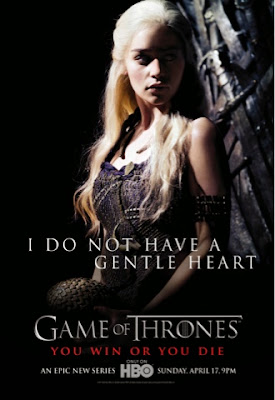Andromache vs. Hermione: Some Thoughts on Euripides
So, recently I read the play Andromache by Euripides, because you know, I like Greek tragedy because it's just so cheerful. Anyway, this time I made the unusual move of reading the introduction reading a paragraph and a half of the 10 million page introduction and something it said caught my attention. The introduction was talking about how the play was written on the premise of a the best of women in the worst of circumstances. While that seemed like a valid idea at the time, after I actually read the play, I thought that that was a really weird thing to say. In case you're not familiar with Andromache , I'll give you a super quick summary. It's the story of Hector's (Hector is the prince of Troy) wife after the fall of Troy. Andromache has been taken prisoner by the Greeks and given to the son of Achilles (Neoptolemos) to be his wife/slave. After a few years, and, importantly, after Andromache has had a son to Neoptolemos, Neoptolemos marries Hermione, the ...
